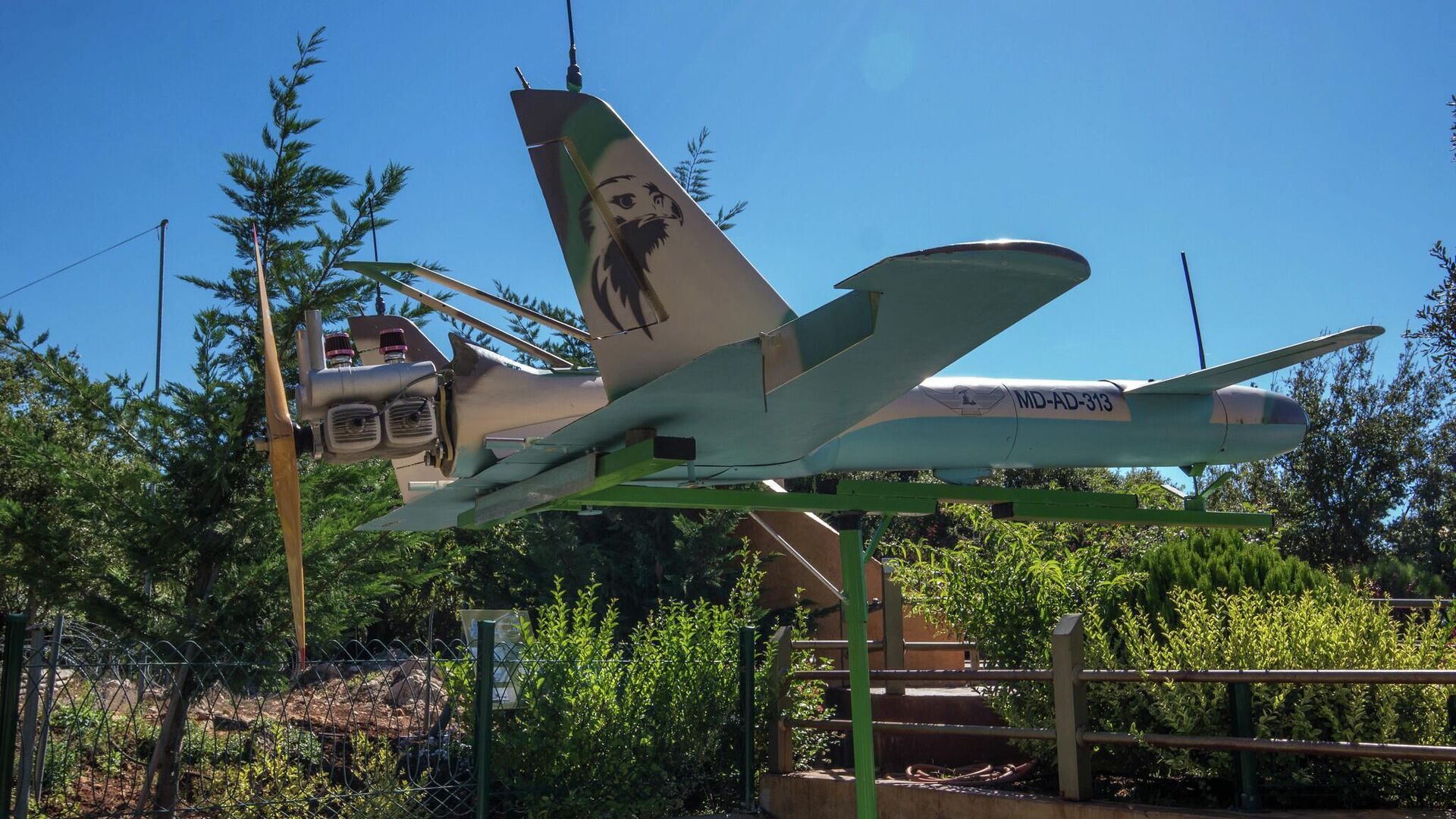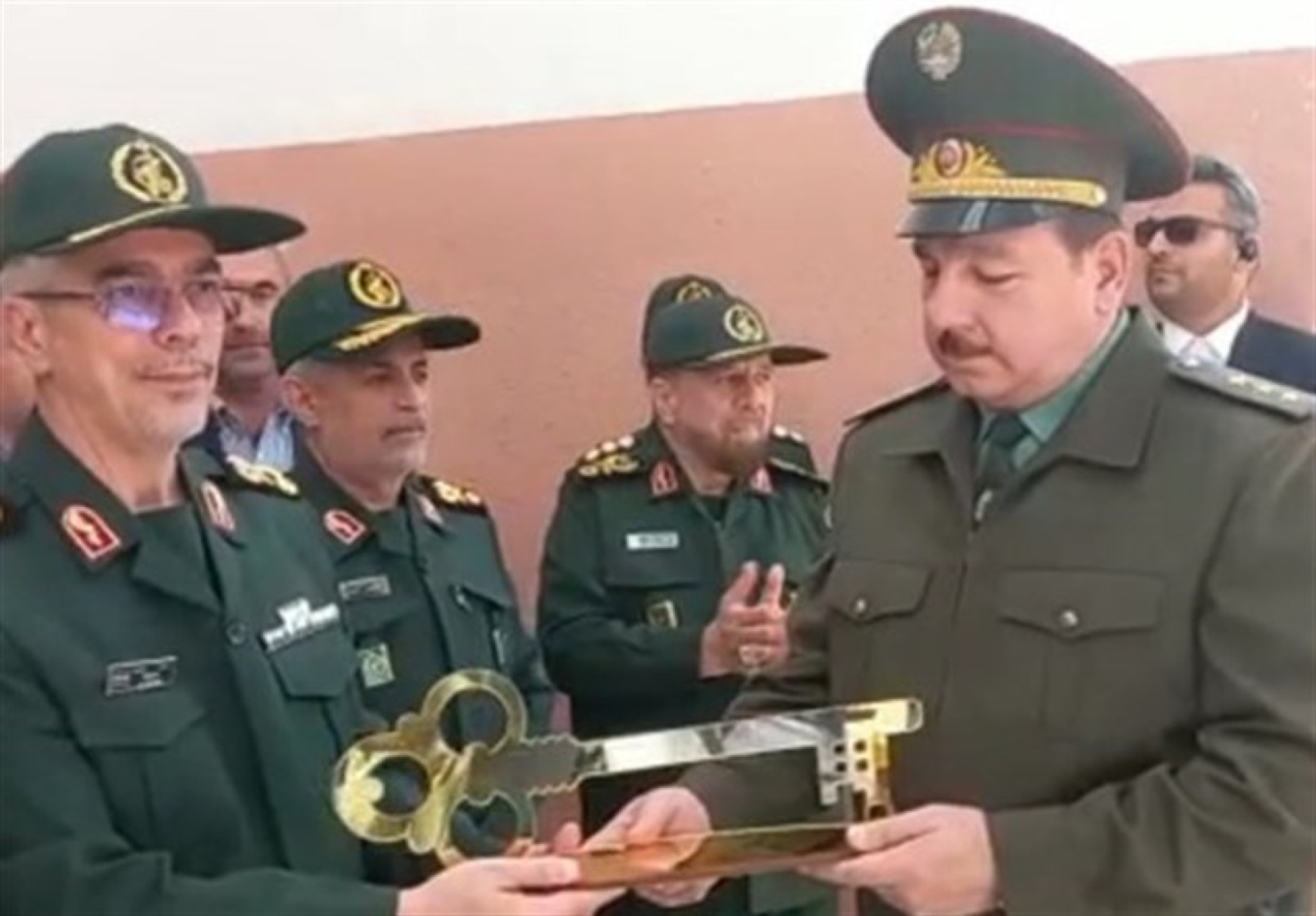Iran Opens Factory in Tajikistan to Build Ababil-2 Drones Amid Enhanced Partnership
17:00 GMT 19.05.2022 (Updated: 17:02 GMT 19.05.2022)

© Flickr / Frode Bjorshol
Subscribe
As part of the burgeoning friendship between Tehran and Dushanbe, Iran Aircraft Manufacturing Industrial Company (HESA) will begin building its Ababil-2 drones in the Central Asian state.
The factory was inaugurated in Dushanbe on Tuesday in a ceremony attended by Iran Armed Forces Chief of Staff Maj Gen. Mohammad Hossein Baqeri and Tajik Minister of Defense Col. Gen. Sherali Mirzo.
“Today, we’ve reached a position that apart from fulfilling the domestic needs, we can export military equipment to the allies and friendly countries in order to strengthen security and sustainable peace,” Baqeri said, according to Tasnim News Agency. He added that the factory was the just beginning of their defense cooperation.
The Ababil-2 is a relatively simple and rugged drone that’s launched from a fixed rail. Iran often uses them as aerial targets, but they can also be used for basic reconnaissance or fitted with a small warhead and used as a loitering munition, also called a “suicide” or “kamikaze” drone. Last month, Iran unveiled a much more advanced UAV in the same family, dubbed the Ababil-5.

During a visit to Tajikistan, Chief of Staff of the Iranian Armed Forces Major General Mohammad Hossein Baqeri inaugurated a factory manufacturing Ababil-2 military drones. May 17, 2022.
During his visit to the Tajik capital, Baqeri called for enhancing their cooperation in fighting against terrorism and holding joint military drills. They also discussed regional cooperation with a focus on Afghanistan, Iran Front Page reported. The country lies between Iran and Tajikistan and was plunged into a new crisis last summer when the Taliban* swept into power amid a messy US withdrawal.
Washington has refused to recognize the Taliban as the new Afghan government, freezing Kabul’s accounts and ending almost all its financial aid for the impoverished country. The result has been a war-torn nation plunging into economic freefall, losing 43% of its gross domestic product and seeing hunger become almost universal across Afghan society.
The Taliban victory was written on the wall well before the US-backed government folded in mid-August 2021, and all regional powers, including Iran and Tajikistan, worked to ensure that the country would not become either a political pariah or a haven for terrorist groups like Al-Qaeda** or the East Turkestan Islamic Movement (ETIM), which pose a danger to all.
Iran’s recent approval to join the Shanghai Cooperation Organization (SCO) later this year means greater economic and political integration with Asian nations, including Tajikistan and China. In February, Tajikistan and Iran pledged to dramatically increase bilateral trade to $500 million per year from its value last year of $121 million, which was itself a doubling of 2020 trade.
Iran has also helped Tajikistan with several economic development projects in recent years, including building several hydroelectric power plants, including a 220-megawatt dam at Sangtuda on the Vakhsh River, which was begun in the 1980s by the Soviet Union but put on hold when that country dissolved into 15 republics in 1991, one of which became Tajikistan. Iran also helped them build the Anzob Tunnel, which halved travel time between Dushanbe and Tajikistan’s second-largest city, Khujand, and eliminated having to go through Uzbekistan to make the trip.
However, despite speaking mutually intelligible languages, relations between Tehran and Dushanbe have not always been so rosy: Dushanbe has repeatedly accused Tehran of supporting the Islamic Renaissance Party of Tajikistan (IRPT), an Islamist party banned since 2015. During the civil war of the 1990s, the IRPT was on the losing side in the three-way conflict that the parliamentarians under Tajik President Emomali Rahmon won. Past applications by Iran to join the SCO were vetoed by Tajikistan on that basis. However, with Iran’s application being accepted at the September 2021 SCO summit in Dushanbe, the two nations seem to have buried the hatchet.
*The Taliban: a group under United Nations sanction
**Al-Qaeda: a terrorist group banned in Russia and many other countries


